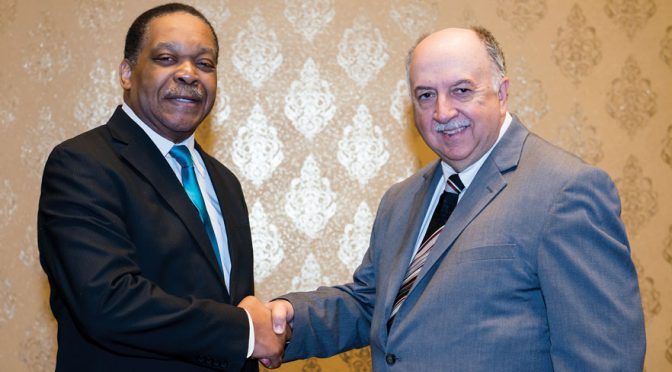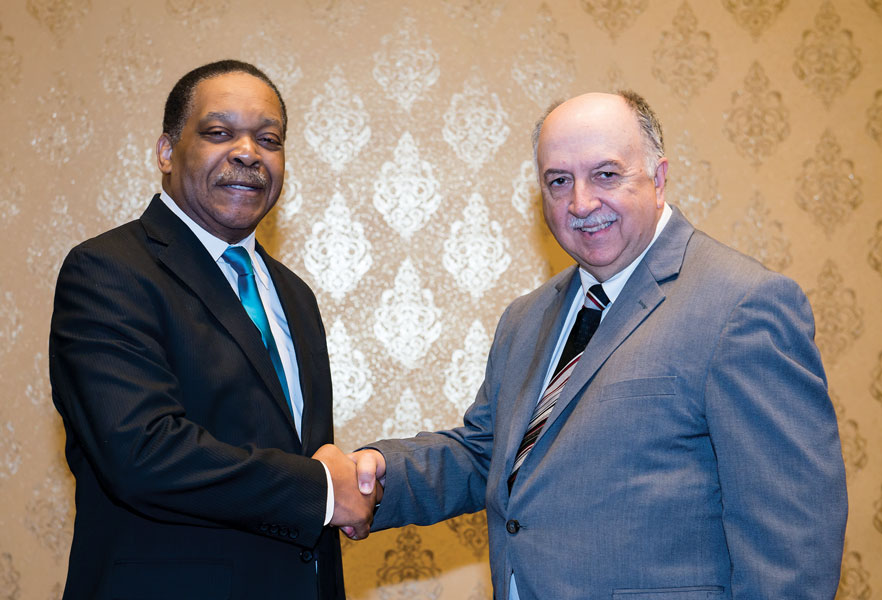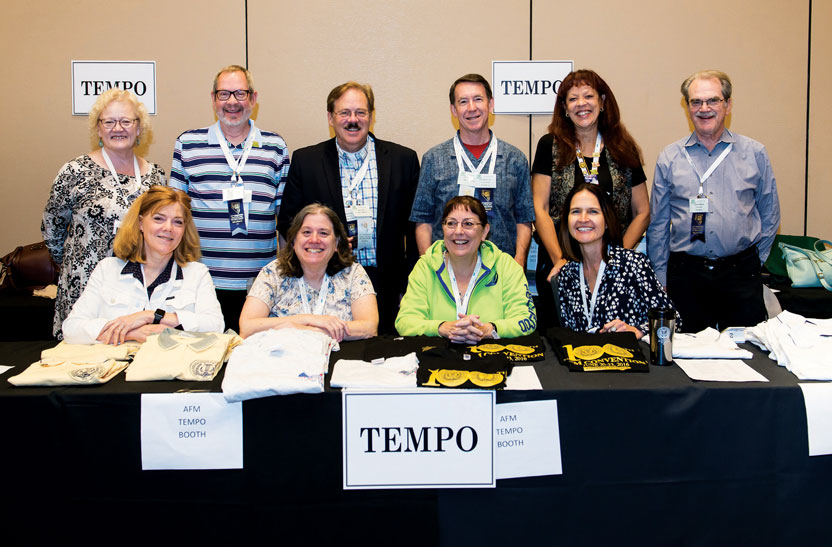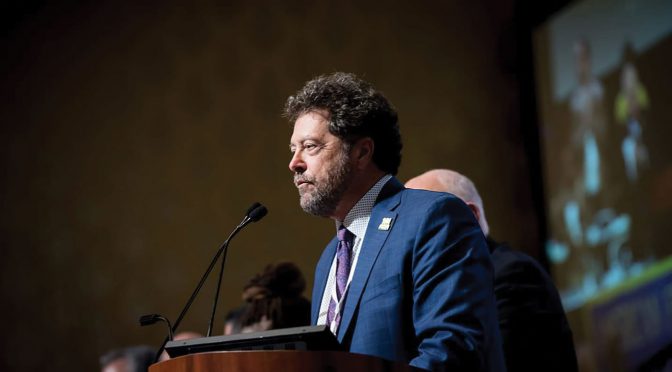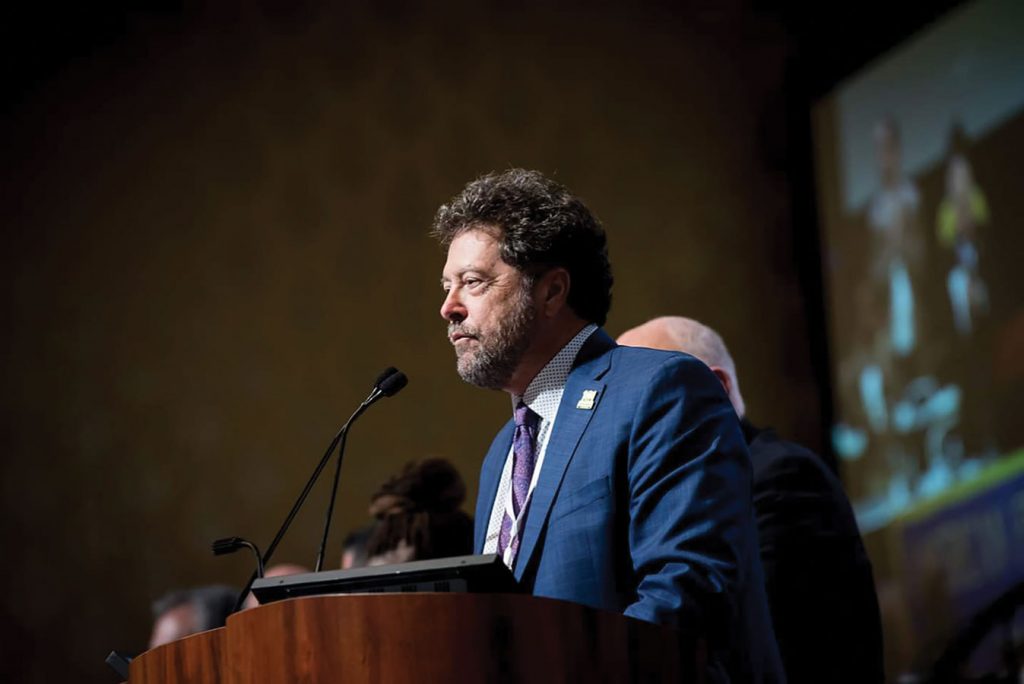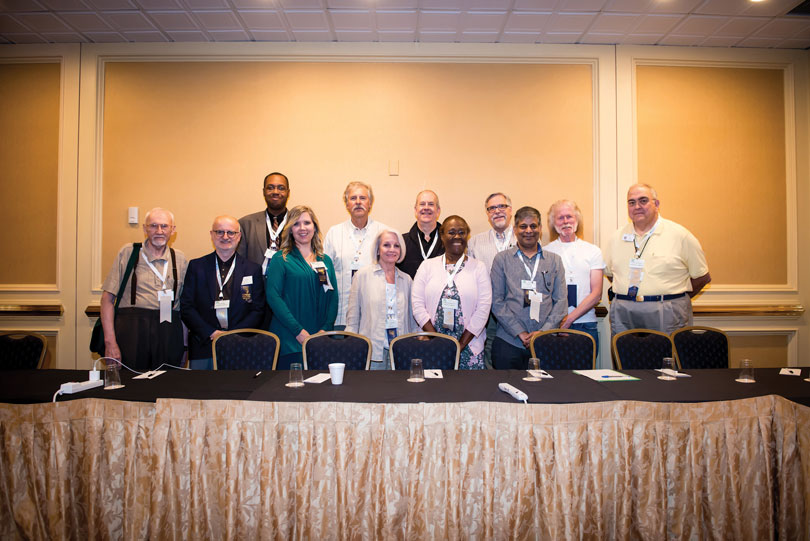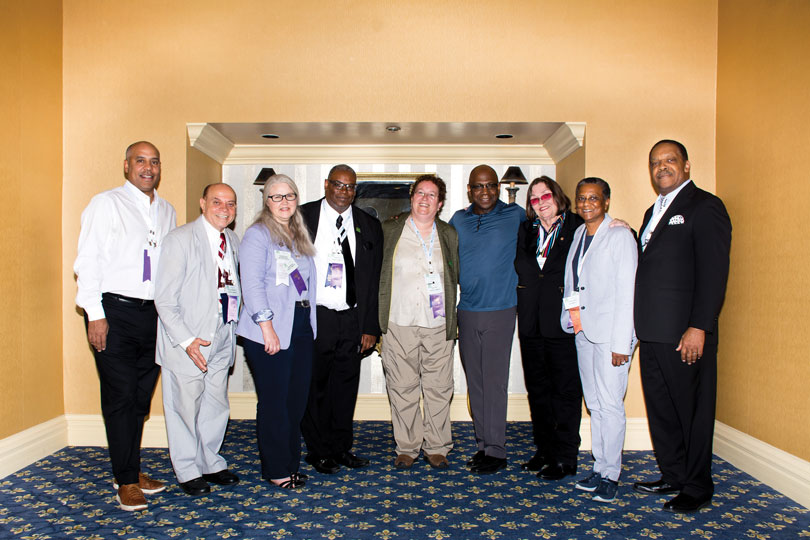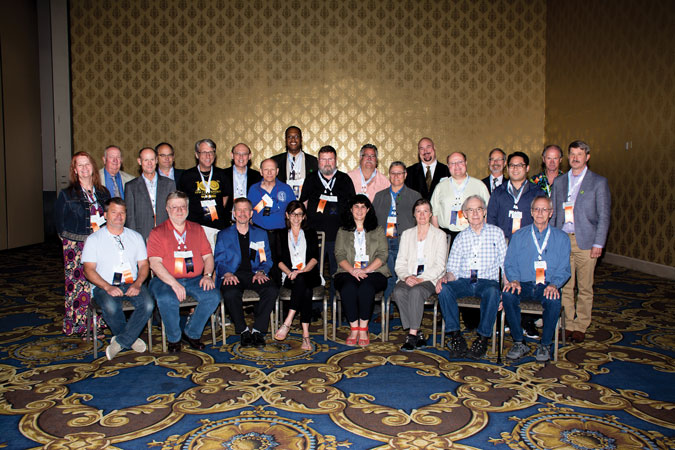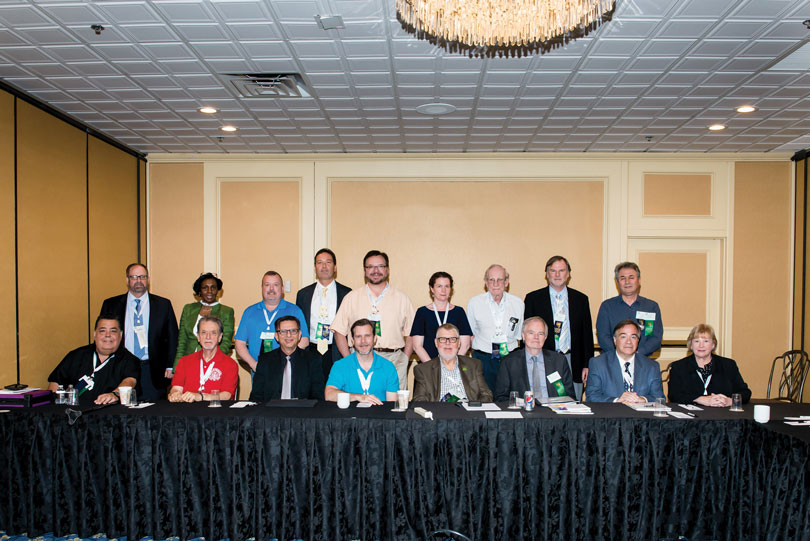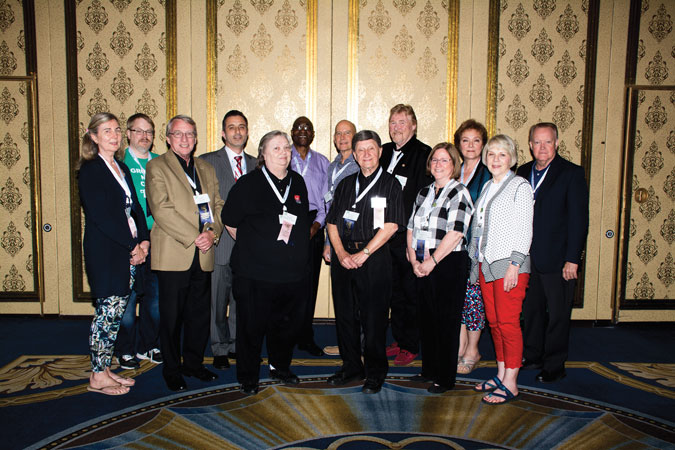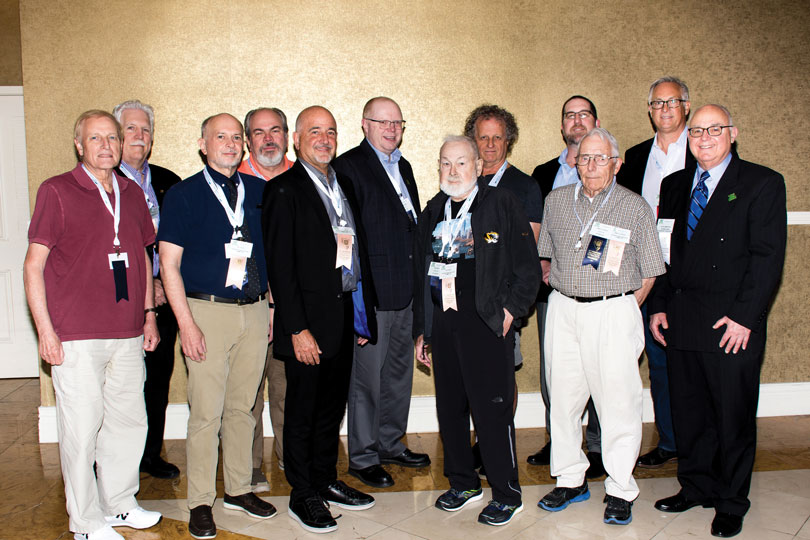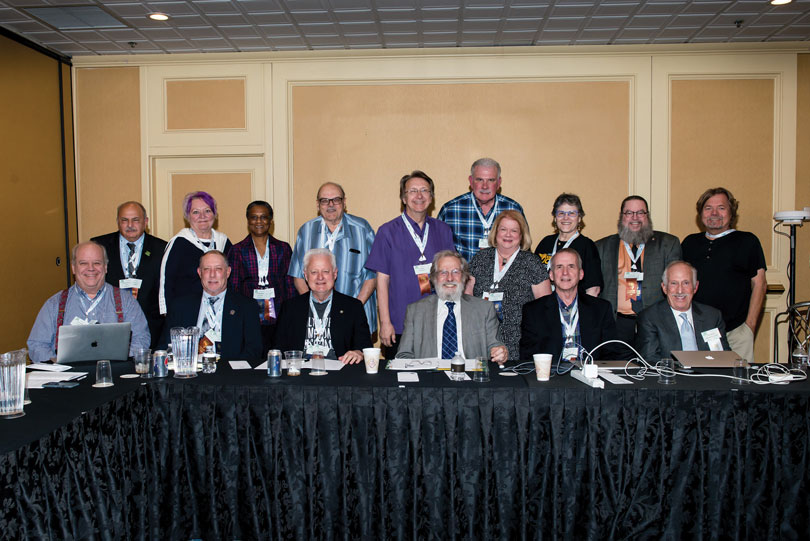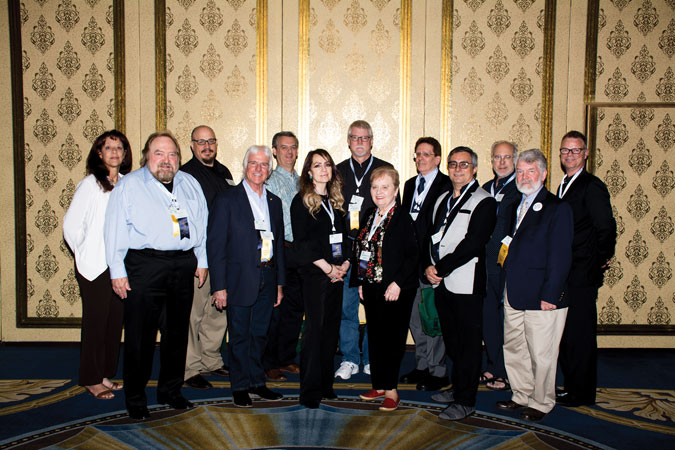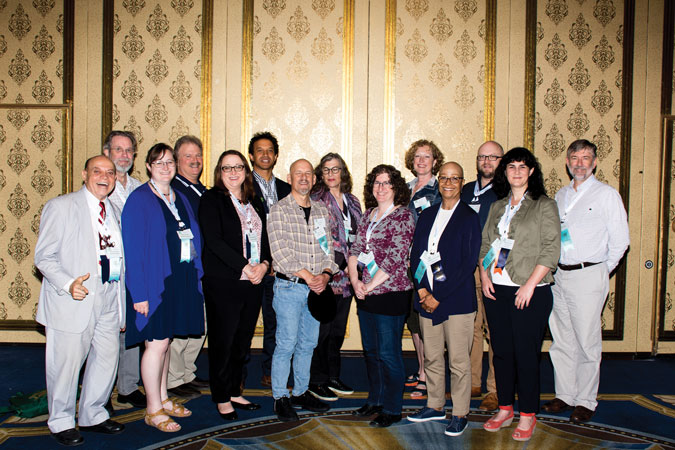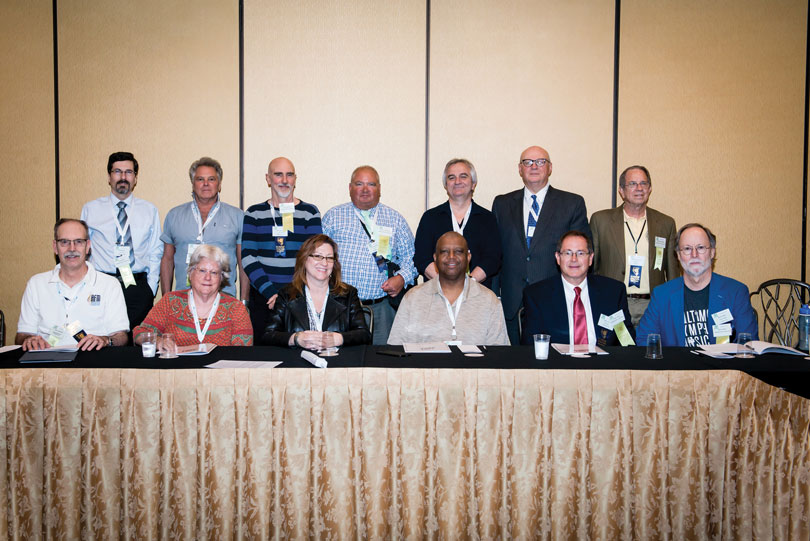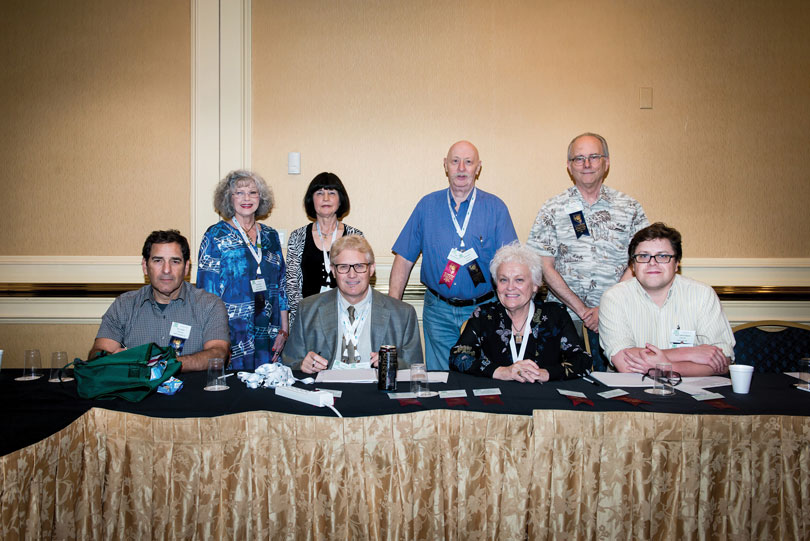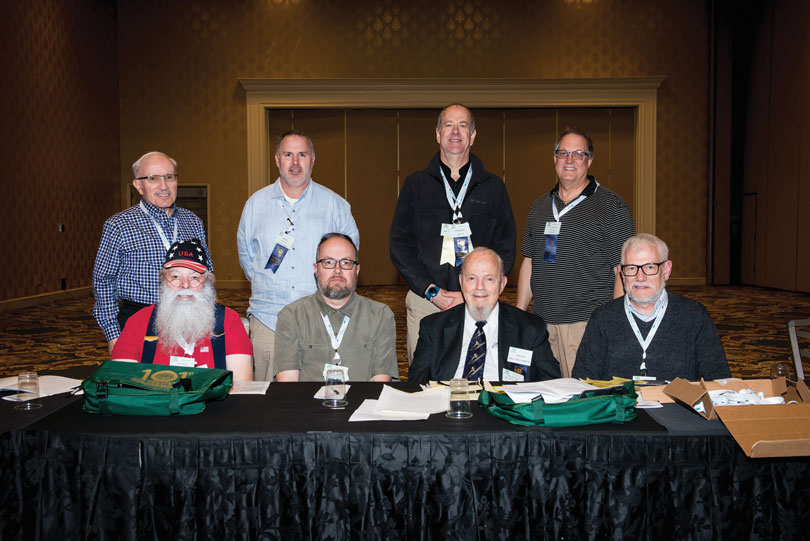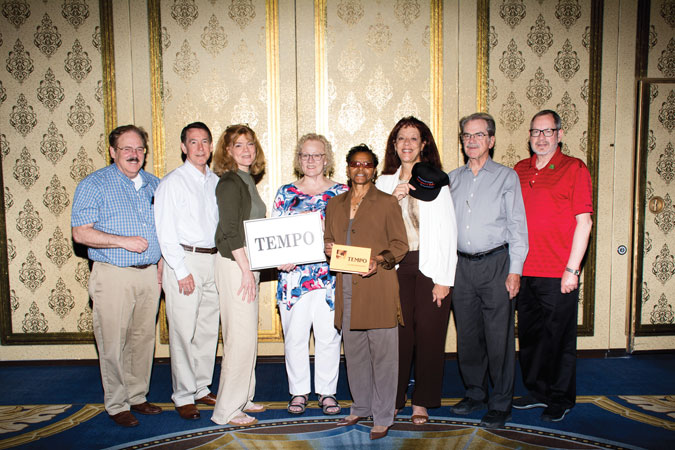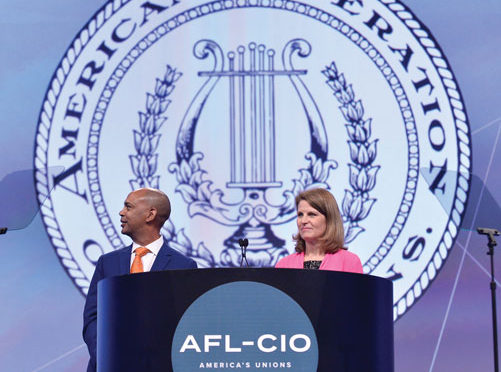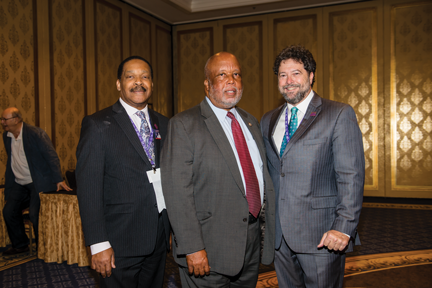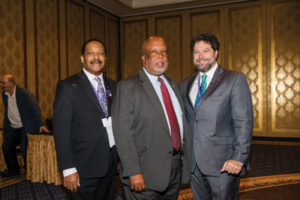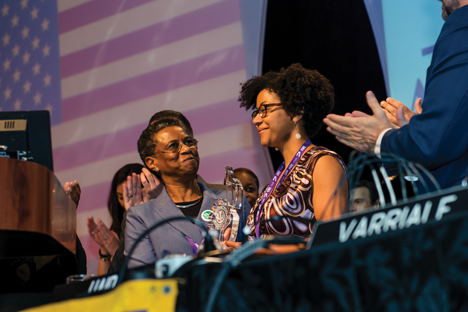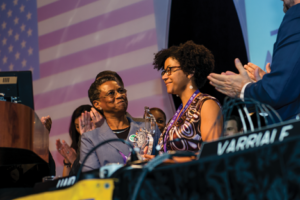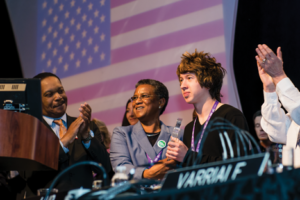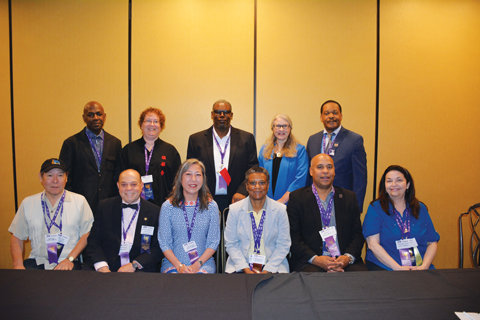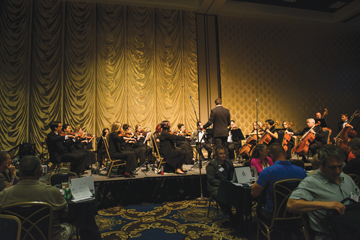The committee process developed for AFM Conventions that vets recommendations and resolutions has served the Federation well for numerous decades. Submitting resolutions by the March 1 deadline in a convention year provides an opportunity for them to be printed and published prior to the convention. Resolutions are then assigned to an appropriate convention committee. At the convention, committee chairs announce to the attendees the time, place, and which resolution(s) the committee will be discussing that day. Proponents can go before the committee and speak in favor of the resolution and opponents can speak against the resolution with time allowed for questions from the committee members.
Convention committees often spend many hours discussing and debating the pros and cons of recommendations and resolutions. There are times when a resolution may have unintended consequences that were unanticipated by those who submitted it. All of the ramifications of a resolution must be taken into account by the committee. Once the committee has completed their discussion, a vote of the committee is taken to determine what the committee will recommend to the delegates.
When the convention is in session, the committee chair first makes a report to the delegates, sharing some of their discussion and reasons for how they arrived at their recommendation. There are several options the committee may suggest. They may recommend its adoption, suggest an amendment, or recommend it be defeated. Sometimes the committee may suggest a substitute resolution or even suggest that those submitting the resolution withdraw it. (Proponents wishing to withdraw their resolution must request permission from the assembly to withdraw it. This requires a majority vote or general consent, i.e. without objection.) At times, a committee may recommend a resolution be referred to the International Executive Board. At this point, delegates have an opportunity to debate the resolution. At the close of debate, the delegates vote on the resolution.
In the event of an emergency, the bylaws allow for an emergency resolution to be introduced to the convention. The framers of the bylaws took emergencies into consideration allowing for the ability of delegates to address real emergencies but requiring a two-thirds majority vote to introduce the emergency resolution to the convention. There are indeed times when an important issue comes to light after the March 1 submission date. A good example of this took place at the recent convention, when the Baltimore Symphony musicians were locked out by their management after the March 1 date. The delegates wanted to make a strong statement in support of the BSO musicians, and an emergency resolution was necessary in order to do so.
That said, there were some emergency resolutions that were put forth at the convention that in my opinion were not actual emergencies. Since emergency resolutions do not go through the same careful vetting process (in committee) that normal resolutions do, these last-minute resolutions can be a cause for concern. A momentary knee jerk reaction can leave us with an ill-considered bylaw that cannot be changed until the next convention. This is only meant as a word of caution for the next convention if a questionable “emergency” resolution is proposed.
Now that the convention is over, we will be moving forward with a new printing of the AFM bylaws which will include the changes to the bylaws adopted at the convention. In addition, there will be a proceedings booklet that will include the convention minutes and the roll call.



